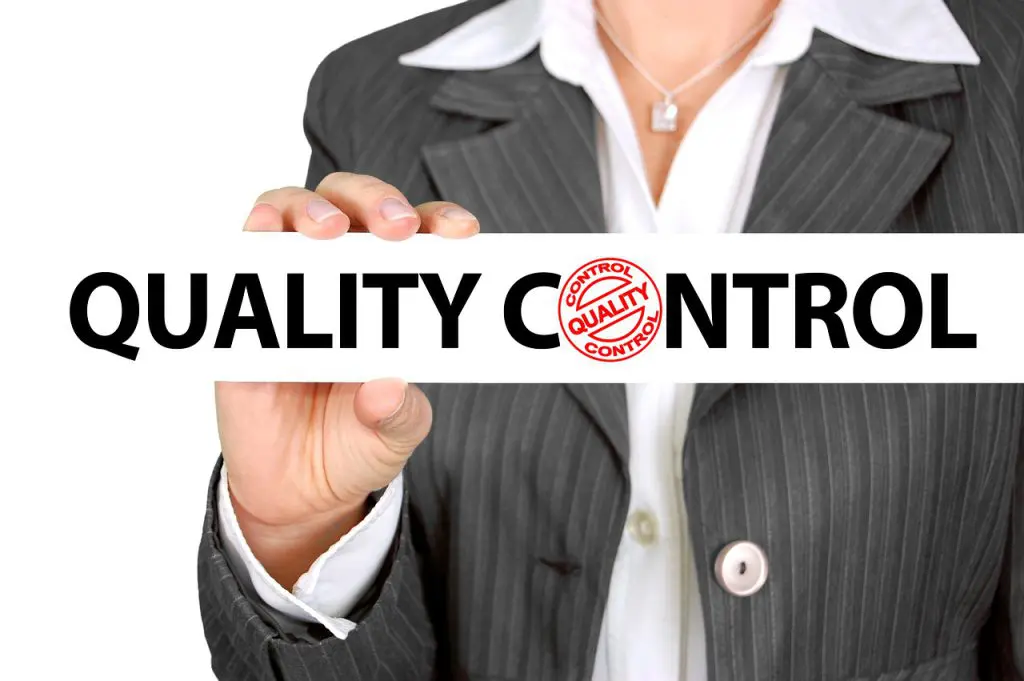Food poisoning from restaurants can be a common issue that many people face. It is important to know the symptoms, treatment options, and how to respond effectively. According to various sources, such as the Centers for Disease Control and Prevention, foodborne illnesses from restaurants can be caused by bacterial contamination, leading to symptoms such as nausea, vomiting, diarrhea, and abdominal pain.
To prevent food poisoning, it is crucial to prioritize food safety in restaurants by ensuring proper hygiene practices, handling and storing food correctly, and regularly inspecting kitchen facilities for cleanliness.
If you suspect food poisoning from a restaurant, it is important to seek medical attention, report the incident to the appropriate authorities, and consider legal action if necessary.
Key Takeaways:
- Food poisoning from restaurants can be caused by bacterial contamination.
- Symptoms of food poisoning may include nausea, vomiting, diarrhea, and abdominal pain.
- Preventing food poisoning involves practicing good food safety habits and being aware of signs of contamination.
- If you experience symptoms of food poisoning, seek medical attention and report the incident.
- In cases of restaurant negligence, it may be possible to pursue compensation through food poisoning lawsuits.
Symptoms and Treatment of Food Poisoning from Restaurant
Experiencing food poisoning can be unpleasant and debilitating. If you suspect you have food poisoning from a restaurant, it’s crucial to recognize the symptoms and seek appropriate treatment. Common symptoms of food poisoning include:
- Nausea
- Vomiting
- Diarrhea
- Abdominal pain
- Fever
- Fatigue
These symptoms can manifest anywhere from a few hours to several days after consuming contaminated food.
When experiencing symptoms of food poisoning, it is important to seek medical attention. A healthcare professional can provide an accurate diagnosis and recommend appropriate treatment options. In most cases, food poisoning treatment involves:
- Resting and allowing the body to recover.
- Rehydrating by drinking plenty of fluids to replace lost fluids through vomiting and diarrhea.
- Taking medication to alleviate symptoms such as nausea and abdominal pain.
In severe cases of food poisoning, hospitalization may be necessary to ensure proper hydration and monitor for complications. Consulting a healthcare professional is crucial to determine the best course of treatment for your specific situation.
Remember, proper treatment and care can help relieve discomfort and prevent further complications associated with food poisoning.
“Seeking medical attention and following appropriate treatment measures is essential when it comes to managing food poisoning symptoms.”
Common Food Poisoning Treatments
| Treatment | Description |
|---|---|
| Rest | Allows the body to recover and heal naturally. |
| Rehydration | Drinking fluids to replace lost fluids and electrolytes. |
| Medication | Relieves symptoms such as nausea and abdominal pain. |
| Hospitalization | Required for severe cases to ensure proper hydration and monitoring. |
Preventing Food Poisoning from Restaurants
Prevention is key when it comes to food poisoning from restaurants. By taking proactive measures, you can significantly reduce the risk of getting sick. It’s crucial to be vigilant and aware of the signs of restaurant food poisoning, as they can serve as early indicators of potential bacterial contamination. Look out for unusual taste or texture of food, unusual odors, or unclean facilities.
Practicing good food safety habits is essential in preventing food poisoning. Start by washing your hands thoroughly with soap and water before handling any food. This simple act can help eliminate harmful bacteria that may be present on your hands.
Avoid cross-contamination by keeping raw meat, poultry, and seafood separate from other groceries. Use separate cutting boards and utensils to prevent the spread of bacteria. Cook food to the correct temperatures to ensure that harmful bacteria are killed. A food thermometer can come in handy to check the internal temperature of cooked dishes.
When it comes to storing leftovers, it’s important to refrigerate them promptly. Keep perishable foods, like cooked meats and poultry, in the refrigerator below 40°F (4°C) to prevent bacterial growth. Consuming leftovers within 2-3 days is advisable to minimize the risk of food poisoning.
In addition to individual efforts, regular inspections by local health authorities play a vital role in maintaining proper sanitation and hygiene standards in restaurants. These inspections ensure that food establishments comply with regulations and minimize the risk of bacterial contamination.
By being proactive and practicing good food safety habits, you can enjoy your meals at restaurants with peace of mind, knowing that you are taking steps to prevent food poisoning.
Food Poisoning Lawsuits and Compensation
In cases where individuals have suffered from food poisoning due to restaurant negligence, it may be possible to seek compensation through food poisoning lawsuits. These lawsuits can help victims recover medical expenses, lost wages, pain and suffering, and other damages incurred as a result of the illness.
To pursue a food poisoning lawsuit, it is essential to gather evidence, such as medical records, food samples, and witness testimonies, to establish negligence on the part of the restaurant. Consulting with a personal injury lawyer who specializes in food poisoning cases can help assess the viability of a lawsuit and guide victims through the legal process.
Conclusion
Experiencing food poisoning from a restaurant can be a distressing situation, but knowing the right steps to take can help individuals effectively handle the aftermath. Recognizing the symptoms, such as nausea, vomiting, diarrhea, and abdominal pain, is crucial for early intervention and treatment. Seeking prompt medical attention can ensure that appropriate measures, such as rest, rehydration, and medication, are taken to alleviate discomfort and prevent complications.
To prevent future incidents, practicing good food safety habits is essential. This includes washing hands thoroughly, avoiding cross-contamination, cooking food to the correct temperatures, and properly storing leftovers. Additionally, being aware of signs of restaurant food poisoning, such as unusual taste or texture of food and unclean facilities, can help individuals make informed choices about where they dine.
In cases where food poisoning has occurred due to negligence on the part of the restaurant, victims may have legal options to pursue compensation through food poisoning lawsuits. By consulting with a personal injury lawyer who specializes in such cases, individuals can gather the necessary evidence to establish negligence and seek appropriate compensation for their medical expenses, lost wages, pain and suffering, and other related damages.
By staying informed and taking necessary precautions, individuals can protect themselves and their loved ones from the risks of food poisoning in restaurants. Remember, your health and well-being should always be a priority, and taking proactive measures can help minimize the chances of falling victim to foodborne illnesses.
FAQ
What are the symptoms of food poisoning from a restaurant?
The symptoms of food poisoning from a restaurant can include nausea, vomiting, diarrhea, abdominal pain, fever, and fatigue. These symptoms can appear within a few hours to several days after consuming contaminated food.
How is food poisoning treated?
Treatment for food poisoning often involves rest, rehydration, and medication to alleviate symptoms. In severe cases, hospitalization may be required. It is advisable to consult a healthcare professional for an accurate diagnosis and appropriate treatment.
How can I prevent food poisoning from restaurants?
To prevent food poisoning from restaurants, it is important to practice good food safety habits, such as washing hands thoroughly, avoiding cross-contamination, cooking food to the correct temperatures, and properly storing leftovers. Additionally, being aware of signs of restaurant food poisoning, such as unusual taste or texture of food, unusual odors, or unclean facilities, can help individuals make informed choices about where to dine.
What should I do if I suspect food poisoning from a restaurant?
If you suspect food poisoning from a restaurant, it is important to seek medical attention to receive appropriate treatment and prevent complications. It is also recommended to report the incident to the appropriate authorities, such as local health departments, to help prevent others from getting sick. In some cases, individuals may choose to consult with a personal injury lawyer to explore the possibility of filing a food poisoning lawsuit.
What can I do if I have suffered from food poisoning due to restaurant negligence?
If you have suffered from food poisoning due to restaurant negligence, you may have legal options to seek compensation through food poisoning lawsuits. It is advisable to consult with a personal injury lawyer who specializes in food poisoning cases to assess the viability of a lawsuit and guide you through the legal process.


